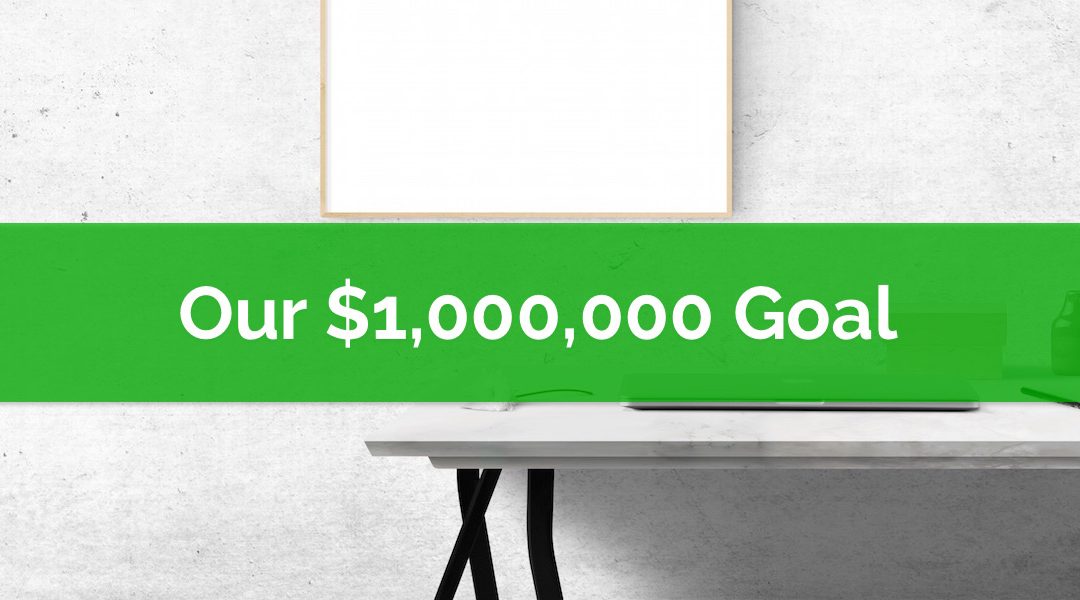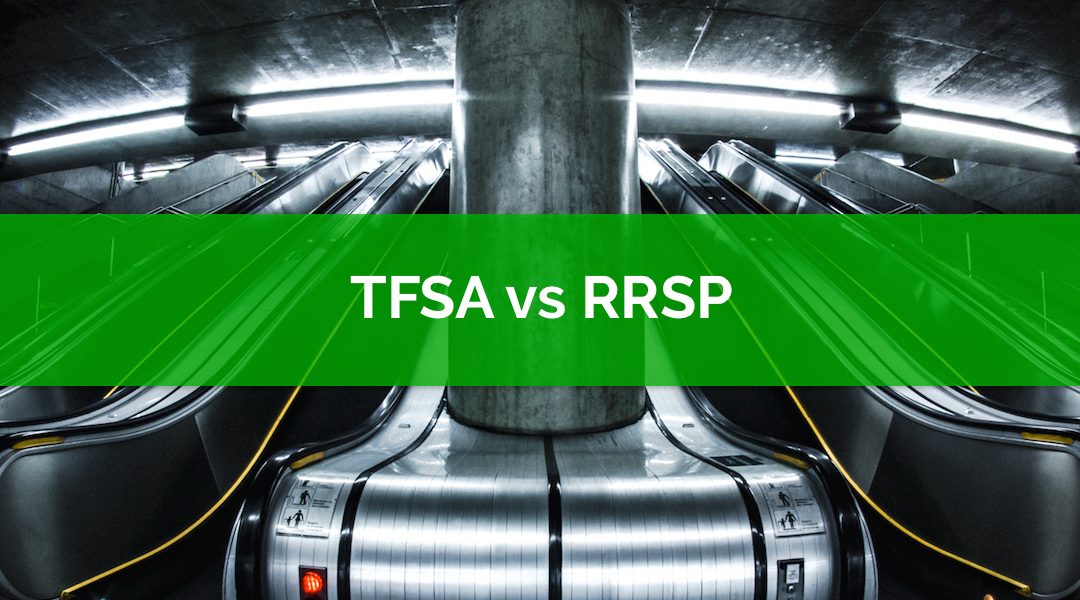
by Owen | Feb 26, 2018 | Budgeting, Buying A Home
Before thinking about buying a home you need to decide how much house you can afford. Housing represents 35%+ of a typical household budget but buying the right amount of house will depend on your other financial goals.
Buying a house is one of the biggest financial decisions you’ll ever make. Amazingly, about half of us will make this decision before our 30th birthday.
According to Statistics Canada 50.2% of Canadians have purchased a home by age 30. Not surprisingly this is down from previous generations where 55.5% had already purchased their first home by age 30.
Making one of the biggest financial decisions of your life can come with a lot of questions, especially when you’re making this decision at such a young age.
One of those questions might be “how much house can I afford”?
Like many big questions, there isn’t just one answer. If anything, this question just causes more questions.
To figure out how much house can you can afford, you really need to ask yourself a few more questions before coming to the right answer.

by Owen | Nov 27, 2017 | Financial Goals, Retirement Planning
Goals are important. Financial goals are especially important.
Having a goal gives you something to focus on, it gives you direction. Goals provide motivation, they get you moving.
We’ve had big financial goals in the past. Years ago my wife and I set a goal to pay off our mortgage early. That was our first BIG financial goal. Once we achieved that goal we were hooked.
We find financial goals to be very motivating. They give us a reason to stick to our budget. They give us a reason to control our spending and look for new ways to save. They help us avoid purchases that don’t align with our goals (especially impulse purchases).
We currently have one HUGE financial goal. Our goal is to have $1 MILLION in our TFSAs by the time we turn 55.

by Owen | Nov 20, 2017 | Retirement Planning
Even though it’s a long way off, many young people think about retirement planning.
Twenty-five percent of young people list retirement as one of their top two financial concerns. Top two! They’re more concerned with retirement than debt, expenses, unexpected emergencies or losing their job.
When young people think about retirement their biggest concern is “running out of money.”
To be honest, I’m not surprised.
Saving for retirement is something we’ve been told to worry about again, and again, and again.
The good news is that starting early makes a HUGE difference. Starting early is basically retirement savings on “easy mode.”
The best way to ease your retirement concerns is to make a plan and start saving today (even if it’s just a small amount).
In this post we’ll go over a ‘quick and dirty’ way to create a retirement plan. This “retirement plan” is perfect for a young person. It isn’t a replacement for a full financial plan, but it’s a good way to put yourself on the right path and start saving.

by Owen | Nov 13, 2017 | Behavioral Finance, Financial Goals
Setting a goal can have amazing results.
Even just thinking about your goals will give you a higher chance of achieving them. Writing down your goals will improve your chances again. Revisit your goals regularly and your chances get even better!
The chance of hitting your goals will improve by 80% when you write them down and create a plan.
I love goals, especially financial goals.
One of our previous financial goals was to pay off our mortgage early. We did this in exactly five years! At the end of the post I’ll share with you our original plan and how it actually went down (because things never go according to plan).

by Owen | Nov 6, 2017 | Retirement Planning, Tax Planning
Both TFSA and RRSP are great, but they’re also different. These tax-advantaged accounts each have their own pro’s and con’s.
If you only have a set amount to invest each month, it’s important to pick the “right” account.
The “right” account can change over time as your income and personal circumstances change.
Each account, TFSA vs RRSP, deals with taxes differently. Choosing the right account will help you save $100,000+ in tax over your lifetime. Who would say no to $100,000?!?
By choosing the right tax-advantaged account, you can actually save less each month and still achieve all your financial goals.

by Owen | Oct 16, 2017 | Retirement Planning, Tax Planning
When you think “tax shelters” you probably picture some Caribbean island. But did you know that the average Canadian has access to 2-3 tax shelters of their very own?!?!
The average Canadian family can shelter 32% of their gross income every year! They can do this in accounts that either defer or avoid taxes.
What is a tax shelter? In the broadest sense….
“A tax shelter is a financial arrangement made to avoid or minimize taxes.”
But let’s clarify something for a second, avoiding taxes is completely legal and it’s an important financial planning strategy.
What isn’t legal is tax evasion. Tax evasion is the illegal underpayment of your taxes. Tax evasion is basically when you ignore tax rules and use some tax-saving scheme. This is done through shady accounting practices or stashing money in offshore accounts in tax-havens like the Caribbean.
Every Canadian has access to a few different tax-sheltered accounts to help them legally minimize their taxes.
Tax-sheltered accounts are extremely useful because they help you delay, reduce or even avoid paying taxes all together. Using these accounts in the right way can help you avoid paying thousands of dollars in taxes and can even help you boost your government benefits!
Reducing taxes is an important component of any financial plan. Unfortunately, most Canadians don’t maximize their tax-sheltered accounts.
The average Canadian family can shelter 32% of their income each year in accounts that either defer or avoid taxes*. In this post we cover the three common tax-sheltered accounts of which every Canadian should be aware.
Page 25 of 27«...2324252627»






